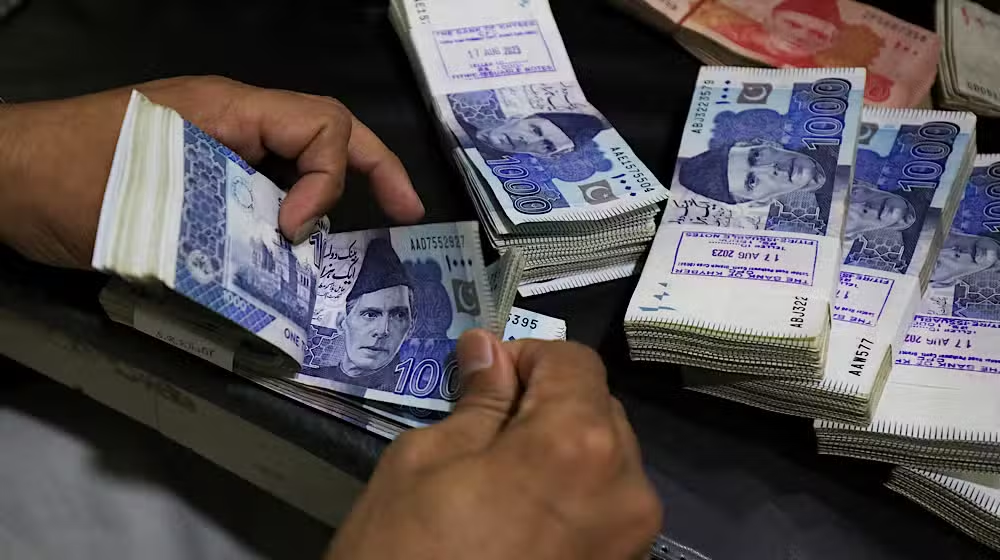
Government Proposes 10% Tax Relief for Salaried Class in Upcoming Budget
In a significant move aimed at alleviating the financial strain on Pakistan’s salaried individuals, the federal government has proposed a 10% tax relief for the salaried class in the upcoming fiscal year’s budget. This proposal comes in response to growing concerns over the escalating tax burden on formal sector workers and the need to foster a more equitable taxation system.
Background: Rising Tax Burden on Salaried Individuals
Over the past few years, salaried individuals have shouldered an increasing share of the nation’s tax revenue. In the fiscal year 2024-25, the salaried class contributed approximately Rs570 billion in taxes, marking a 55% increase from the previous year. This surge has positioned salaried individuals as the third-largest tax-paying segment in the country, following banks and petroleum products .
Despite this substantial contribution, concerns have been raised about the disproportionate tax burden on formal sector employees compared to other sectors. Critics argue that sectors such as agriculture and real estate benefit from various exemptions and subsidies, leading to calls for a more balanced tax system.
Government’s Response: Proposed 10% Tax Relief
In light of these concerns, the federal government has proposed a 10% tax relief for salaried individuals in the upcoming budget. Finance Minister Muhammad Aurangzeb emphasized that the government is committed to reducing the burden on the salaried class, acknowledging the challenges they face amid economic instability .
The proposed relief aims to provide immediate financial relief to salaried individuals, particularly those in lower to middle-income brackets. By reducing the tax liability, the government intends to enhance disposable income, thereby stimulating domestic consumption and supporting economic growth.
Broader Tax Reforms and Economic Implications
The proposed tax relief is part of a broader strategy to reform Pakistan’s taxation system. The government has indicated plans to widen the tax base by bringing undocumented sectors, such as real estate and wholesale trade, into the formal taxation framework . These measures aim to ensure that all sectors contribute fairly to the nation’s revenue, reducing the reliance on the salaried class.
Furthermore, the government is focusing on enhancing tax documentation and improving compliance among existing taxpayers. By streamlining tax collection processes and reducing evasion, the government hopes to achieve its revenue targets without imposing additional burdens on the salaried class .
Public Reaction and Future Outlook
The proposal for tax relief has been met with a mixed response. While many salaried individuals welcome the initiative, some express skepticism about its implementation and the extent of the relief. There are concerns about the potential for future tax hikes and the government’s ability to enforce equitable taxation across all sectors.
As the government prepares to finalize the budget, it is expected to engage in consultations with various stakeholders, including business chambers and civil society organizations, to refine the proposed measures. The outcome of these discussions will determine the specific details of the tax relief and other reforms aimed at creating a more balanced and sustainable taxation system.
Conclusion
The proposed 10% tax relief for salaried individuals represents a significant step towards addressing the financial challenges faced by formal sector workers in Pakistan. While this measure provides immediate relief, it is part of a broader effort to reform the nation’s taxation system, ensuring fairness and sustainability. The government’s commitment to reducing the tax burden on the salaried class, coupled with efforts to broaden the tax base, indicates a proactive approach to fostering economic stability and growth.







